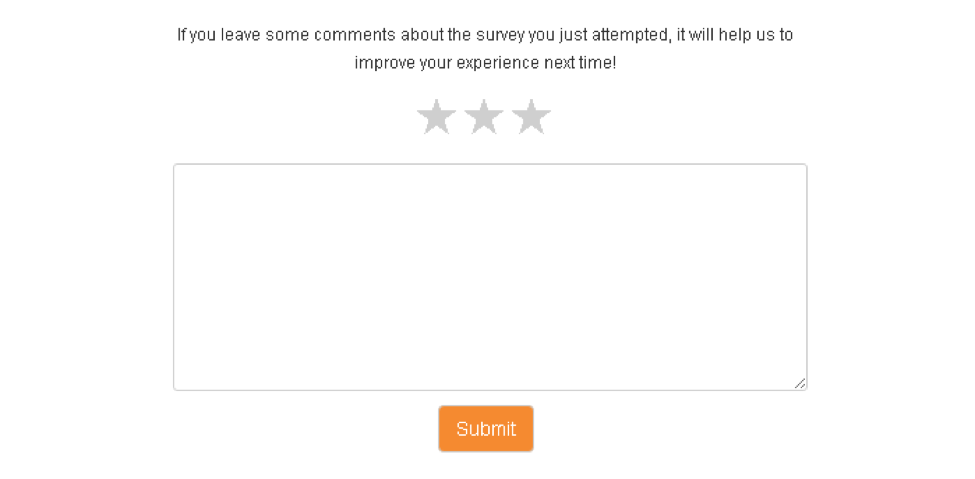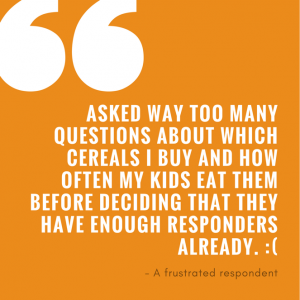The grbnnews.com website, including all of its features and content (‘Website’) is a service made available by Global Research Business Network (GRBN), and all content and information provided on and through this Website (‘Content’) may be used solely under the following terms and conditions. Users of this website agree to be bound by these terms and conditions, which are subject to change at the discretion GRBN.
Intellectual Property
By using this Website, you agree that the content and Website are protected by copyrights, trademarks, service marks, patents or other proprietary rights and laws and may not be modified, copied, republished or distributed without acknowledging the grbnnews.com website as the source of such material or information. All intellectual property in relation to material included on this site belongs to GRBN or to the third party. In the later case, the IP owner agrees to grant rights to GRBN under the “User generated content” section below. The third-party content included in this site (including article contributors and advertisers) is subject to that third party’s terms and conditions of use.
Liability
We will do our best to ensure that the content and information published on our Website are accurate, however, as GRBN relies on the submissions of the third-parties, the completeness, adequacy or currency of the Content is not warranted or guaranteed. Your use of information on this Website or materials linked from this Website is at your own risk. We accept no liability for any loss, injury, claim, liability, or damage of any kind resulting from your use of this Website or any facts or opinions appearing on this website. The content of the Website is not intended to and does not constitute legal, financial, medical or technical advice of any other kind.
User generated content
Some of the Website content is generated by the members of GRBN or the general public. If you submit content to GRBN, you agree to be bound by these terms and conditions.
Unless otherwise agreed in writing, by submitting your content to the Website, you grant the GRBN an irrevocable, royalty free and perpetual licence to use, disclose and sub-licence the content and understand that GRBN may use all intellectual property rights in your content, including publication of that material on the Website, hard copy publications or in electronic media, social media, using your content in advertising and promotional material for the GRBN, without restriction and without making payment to you.
You acknowledge that you are solely responsible for the accuracy, completeness and legal compliance of the submitted content.
You warrant that you have all the necessary rights (including any intellectual property rights), in the Content (including photographs, illustrations, audio and video content) you contribute to the Website.
GRBN editors and moderators at their discretion may edit or remove your content.
These terms and conditions are subject to change at any time.
Third party links
Some of the Website content includes links to the third-party content. GRBN makes no representations about any other web sites and by accessing third party links, you understand that it is independent from GRBN resources and that we have no control over the content or availability of that content. You understand that the information and opinions in the third-party content is neither endorsed by nor does it reflect the belief of GRBN.
Advertisers
This Website may contain advertising and sponsorship. Advertisers and sponsors are responsible for ensuring that material submitted for inclusion on this Website is accurate and complies with applicable laws.
Privacy
Your use of this Website is subject to the GRBN’s Privacy Policy.
 These 2 questions can provide some pretty rich insights to either validate or improve your respondent survey experience. If we are to expect participants to continue giving up 10, 15, dare we ask for 20(!) minutes of their time, we would be remiss to not move towards making the experience as pleasant as possible.
These 2 questions can provide some pretty rich insights to either validate or improve your respondent survey experience. If we are to expect participants to continue giving up 10, 15, dare we ask for 20(!) minutes of their time, we would be remiss to not move towards making the experience as pleasant as possible.
 Consider the websites where you spend most of your time. Facebook, Twitter, Instagram, shopping sites, some well written and beautifully laid out news or blog sites. Whatever it may be, you can be sure the experience is clean, visually appealing, simple to navigate and designed to help you keep moving through the site with minimal clicking or moving of the mouse.
Surveys should be the same.
I won’t touch here on mobile-first design, but know that this is also of the utmost importance. My thoughts on making your research device/source agnostic for best representivity can be found here: Good To Know Blog: State Of The Industry
One big caveat here is that the respondent’s perception of the experience may be biased by the simple fact of whether they were able to achieve “complete” status or not. To mitigate this bias, ask for feedback from survey terminations as well. In addition, closely monitor your drop-out rate which is the best leading indicator you have as to whether the survey is resonating (and working) with respondents. A sample supplier worth their salt will also be monitoring both drop-out rates and respondent feedback and sharing that with you so that incremental improvements can be made.
Now I have just 2 questions for you:
Consider the websites where you spend most of your time. Facebook, Twitter, Instagram, shopping sites, some well written and beautifully laid out news or blog sites. Whatever it may be, you can be sure the experience is clean, visually appealing, simple to navigate and designed to help you keep moving through the site with minimal clicking or moving of the mouse.
Surveys should be the same.
I won’t touch here on mobile-first design, but know that this is also of the utmost importance. My thoughts on making your research device/source agnostic for best representivity can be found here: Good To Know Blog: State Of The Industry
One big caveat here is that the respondent’s perception of the experience may be biased by the simple fact of whether they were able to achieve “complete” status or not. To mitigate this bias, ask for feedback from survey terminations as well. In addition, closely monitor your drop-out rate which is the best leading indicator you have as to whether the survey is resonating (and working) with respondents. A sample supplier worth their salt will also be monitoring both drop-out rates and respondent feedback and sharing that with you so that incremental improvements can be made.
Now I have just 2 questions for you:
 Baillie Buchanan
Co-Founder, Research For Good
Baillie Buchanan
Co-Founder, Research For Good





